Ed. Note: We are thrilled to welcome Ginny Messina – the Vegan R.D. – to the Eat Drink Better team! I have been a long-time fan of Ginny’s books and her blog. Today, she is sharing an informative piece on eating leafy greens for bone health. You can find more from her on her website and check out her new book Vegan for Her.
Milk and other dairy foods are relative newcomers to human diets. They didn’t appear in meals until the advent of agriculture, some ten thousand years ago. But our early ancestors had no trouble getting enough calcium before that. Their calcium came from wild leafy greens.
You can find descendants of those greens at your grocery store today. Collard, turnip and mustard greens, and bok choy are among the best sources of calcium. Kale, broccoli and cabbage provide some, too.
Here are five reasons why it makes sense to get calcium from leafy greens.
1. Calcium Density
Vegetables contain less calcium then milk, but their better absorption rates and lower calorie levels make up for that. A cup of cow’s milk provides about 300 milligrams of calcium compared to just 200 milligrams in a cup of turnip greens. But here is why the turnip greens are better: We absorb 30 percent of the calcium from milk or about 90 milligrams. Absorption from the greens is much higher at around 50 percent, so your body ends up with slightly more calcium—around 100 milligrams. And that 100 milligrams of calcium from the turnip greens comes with just 50 calories versus anywhere from 80 to 150 for the cow’s milk.
2. Vitamin K
This fat soluble vitamin is associated with lower rates of hip fracture in older people and research is looking at effects of this vitamin on bone health overall. Leafy greens are the best sources of vitamin K and people who don’t eat them are likely to fall short of recommendations. There is very little vitamin K in milk.
3. Vitamin C
You might think of it as an immune system builder, but vitamin C is also needed to support the structure of bones. Research suggests that it may help to prevent bone loss. Cow’s milk doesn’t contain vitamin C.
4. Folate
Leafy greens are packed with this B-vitamin (Its name is derived from foliage.) Diets low in folate are associated with elevated levels of a compound called homocysteine, which may be linked to poorer bone health. Studies are underway right now to test this relationship. Cow’s milk is very low in folate.
5. A Kind and Gentle Footprint
Dairy production takes a toll on the environment, requiring excessive amounts of water, fuel and land, compared to the production of plants. It also involves immense animal suffering. Male calves from dairy farms are shipped off for veal production, and dairy cows themselves are slaughtered after just a few years. Getting calcium from plants is the more compassionate and earth-friendly choice.
Not all leafy greens provide all of these benefits. For example, spinach and chard are poor sources of calcium. But they are excellent sources of other bone-building nutrients like potassium and magnesium. Leafy greens bring all types of benefits for your health as well as for the health of the planet and all its inhabitants.
photo by Becky Striepe
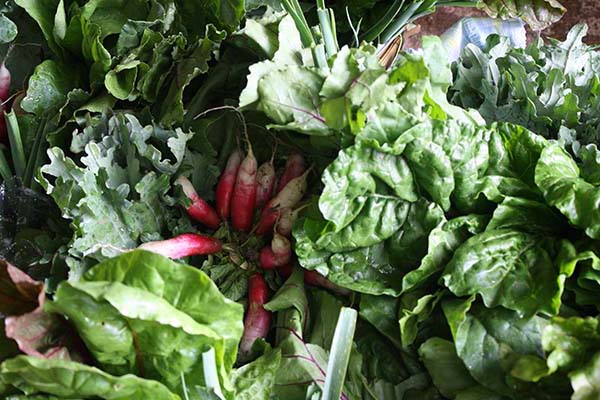
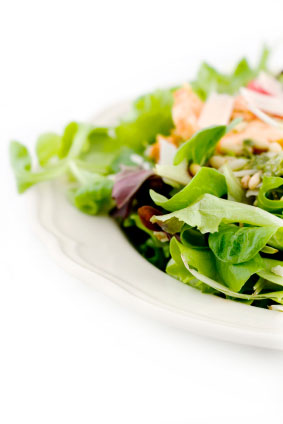
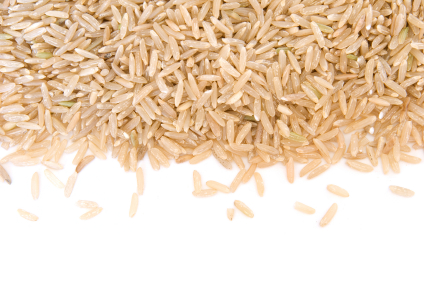
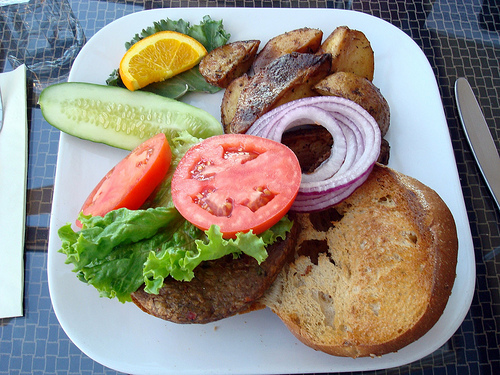
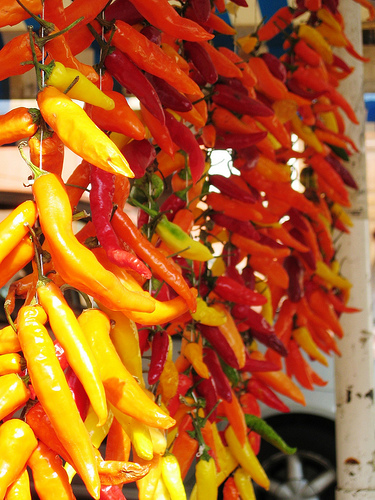
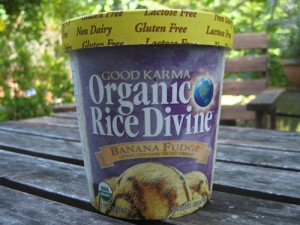
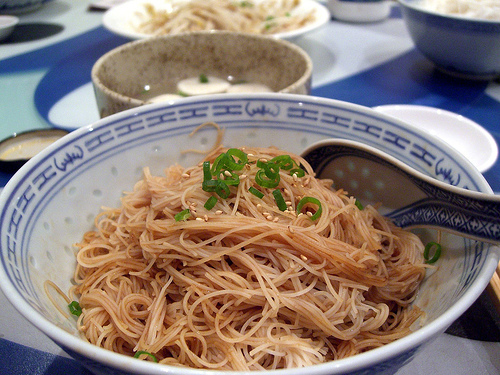
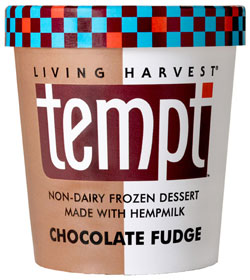
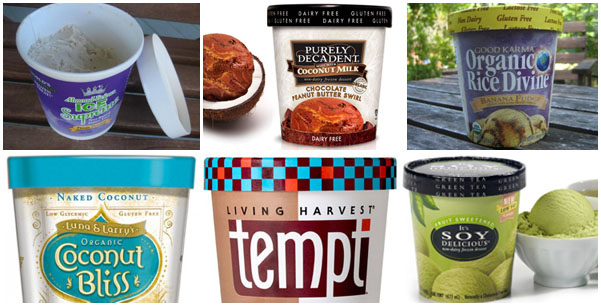
Great “back up” material to my standard answer when queried about where I get my calcium: “where does calcium come from?” Pause for their consideration; most think it’s from dairy. Then I ask, “isn’t calcium a mineral? I didn’t take HS chemistry, but isn’t it? And minerals come from the earth, the dirt, right? Plants come from there. Cows don’t” All said with a smile, cuz that’s what we do.
I love your responses. going to use them someday :) thanks!!!
I’d always thought kale was the best veggie for calcium, but wow, stoked to learn all this new info for me. I wish I had this post 20 years ago, when I became a vegan after doing my senior year high school project on nutrition, and this young female teacher saw my talk and asked me later, “I’d love to become a vegan, but what about calcium and bone health?” I am going to try to look her up and send this to her now. :)
I love it when my doctors (and kids’ pediatricians) ask, ‘So if you don’t drink milk, where do you get calcium? You need to drink milk for your bones.’ and I always say, “I don’t need milk for my bones and I get calcium from veggies!”
Thanks for the post. Now I can explain to them why I don’t need milk for bone health with facts!